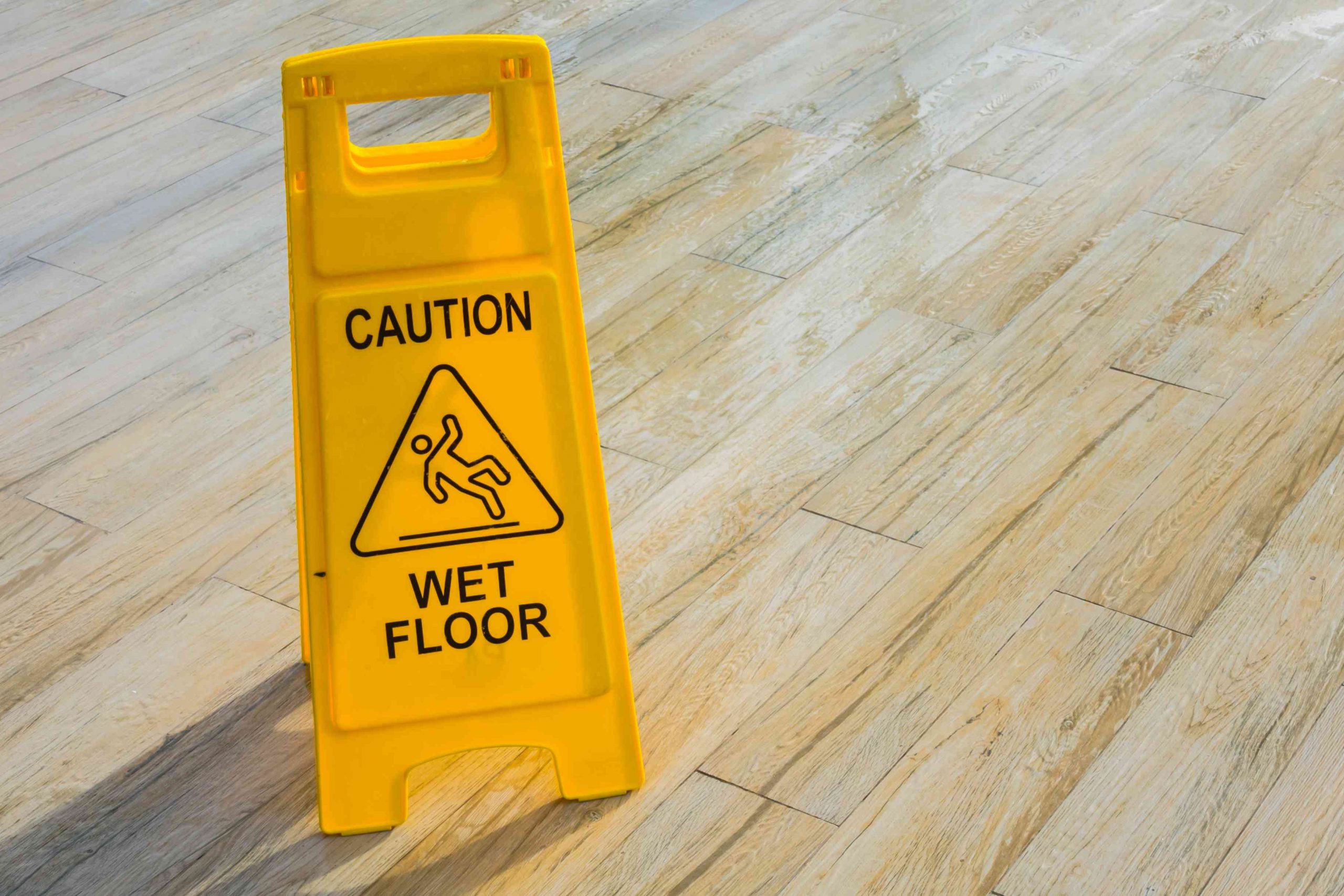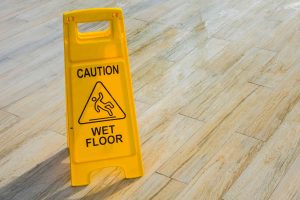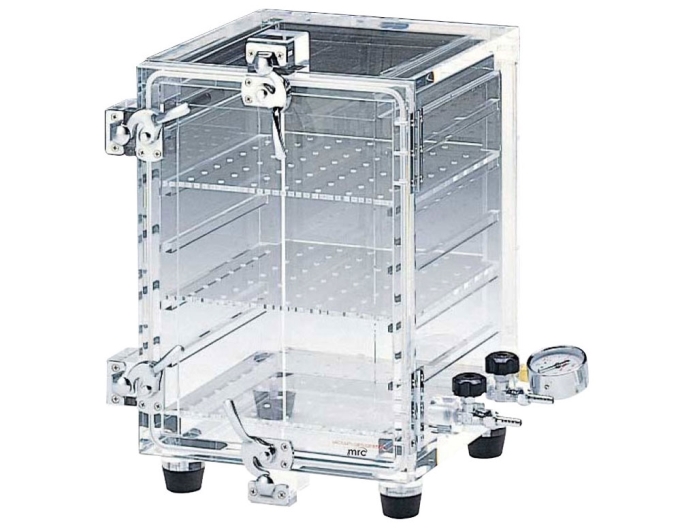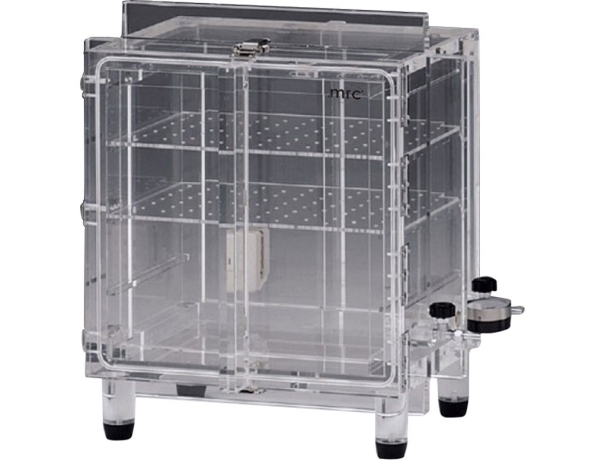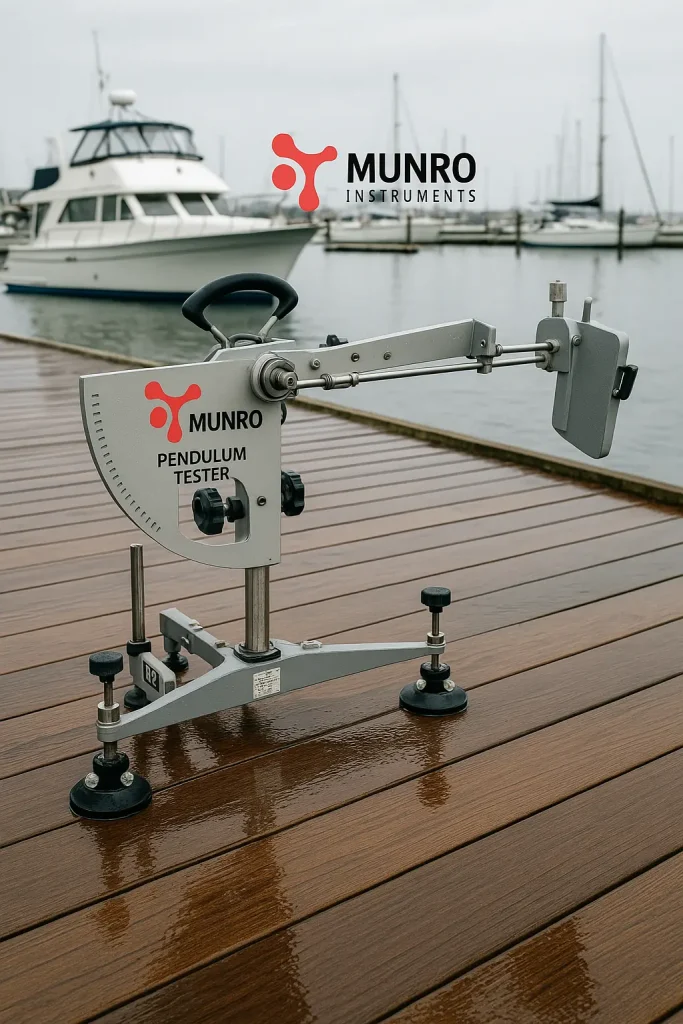Slips, trips, and falls are some of the most common accidents in the UK, causing thousands of injuries every year. Whether it’s a slippery supermarket floor, an uneven pavement, or a poorly lit stairwell, these incidents can leave you dealing with painful injuries, medical expenses, and time off work. That’s where public liability claims come in—designed to help you get the compensation you deserve if someone else’s negligence caused your accident.
What Are Public Liability Claims?
Public liability claims are legal actions taken by individuals who have suffered an accident in a public or private space due to someone else’s negligence. Unlike employer liability (which covers workplace accidents), public liability focuses on injuries sustained in places accessible to the public.
Common Causes of Slips, Trips, and Falls
These accidents can happen almost anywhere, but some causes stand out:
- Wet floors – from spillages or cleaning without warning signs
- Poor lighting – making hazards hard to see
- Uneven pavements – broken slabs, potholes, or raised curbs
- Obstructed walkways – clutter, cables, or misplaced furniture
Where Do These Accidents Commonly Happen?
You’ve likely seen warning signs in supermarkets or restaurants—that’s because these are some of the most common hotspots for accidents. Others include:
- Shopping centres and retail stores
- Restaurants, bars, and pubs
- Train stations and bus depots
- Public parks and playgrounds
Who Is Responsible?
In the UK, businesses, councils, and even private property owners have a duty of care to ensure their premises are safe. For example:
- Councils must maintain pavements and public areas.
- Shop owners must clean up spills promptly.
- Event organisers must provide safe environments for attendees.
If they fail in this duty, they may be held legally responsible.
The Legal Framework in the UK
Two key pieces of legislation govern these claims:
- Occupiers’ Liability Act 1957 and 1984 – establishes the duty of care owed to visitors and even trespassers in some cases.
- Health and Safety at Work Act 1974 – ensures employers and businesses take reasonable steps to keep environments safe.
When Can You Make a Claim?
To make a successful claim, you must prove:
- The responsible party owed you a duty of care.
- They breached that duty.
- The breach directly caused your injury.
For example, if you tripped over a loose tile in a supermarket aisle that hadn’t been fixed despite staff being aware, you could have a strong case.
Evidence You Need to Support Your Claim
Evidence is the backbone of your claim. You should gather:
- Photos or videos of the accident scene
- Witness details and statements
- Medical records showing your injuries
- Official accident report forms
The Claim Process Step by Step
Here’s how a typical claim unfolds:
- Report the accident to the relevant authority (shop manager, council, etc.).
- Seek medical attention immediately.
- Contact a solicitor specialising in public liability.
- Your solicitor submits the claim and handles negotiations.
Time Limits for Making a Claim
Generally, you have three years from the date of the accident to file a claim. Exceptions include:
- Minors (under 18): the clock starts at their 18th birthday.
- Mental incapacity: the time limit may be extended.
How Compensation Is Calculated
Compensation typically covers:
- General damages – pain, suffering, and impact on quality of life.
- Special damages – medical bills, lost income, travel expenses, and care costs.
No Win, No Fee Agreements
Most solicitors offer “No Win, No Fee” arrangements, meaning you won’t pay legal fees if your claim fails. If successful, the solicitor takes a percentage of your payout (usually capped at 25%).
Average Compensation Payouts in the UK
While every case is unique, here are rough estimates:
- Minor injuries (sprains, bruises): £1,000 – £5,000
- Moderate injuries (fractures, head injuries): £5,000 – £25,000
- Serious injuries (life-changing damage): £25,000 – £100,000+
How Long Does the Process Take?
The timeframe varies:
- Simple cases may settle in a few months.
- Complex claims, especially those disputed, may take years.
Preventing Slips, Trips, and Falls
Prevention is better than cure.
- Businesses/councils should: fix hazards quickly, put up warning signs, and conduct regular safety checks.
- Individuals should: wear appropriate footwear, stay alert, and report hazards when spotted.
MUNRO provides slip testing services in the UK

